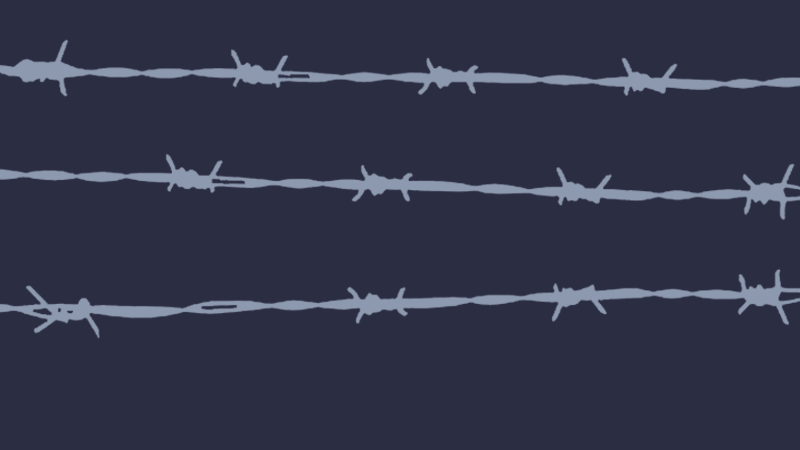government: presidential republic
state of civil and political rights: Not free
constitution: 17 November 1991, amended January 1995
legal system: based on Spanish law and on tribal laws and customs
legislative system: unicameral House of People's Representatives (Camara de Representantes del Pueblo)
judicial system: Supreme Court
religion: nominally Christian and predominantly Roman Catholic, pagan practices
death row: 2 (end 2017, according Amnesty International)
year of last executions: 0-0-0
death sentences: 2
executions: 0
international treaties on human rights and the death penalty:International Covenant on Civil and Political Rights
1st Optional Protocol to the Covenant
Convention on the Rights of the Child
Convention Against Torture and Other Cruel, Inhuman or Degrading Treatment or Punishment
situation:
Aggravated murder, spying, treason, armed robbery and other military offences are capital crimes
in Equatorial Guinea.
President Teodoro Obiang Nguema has ruled the country since seizing power in a
military coup d'etat in 1979, when he deposed his uncle and first post
independence President Francisco Nguema, who was then tried and executed.
Between 30 and 31 January 2014, at least eight and possibly nine death row prisoners were
secretly executed by firing squad in three different places of the country,
announced the opposition party Convergencia para la Democracia Social (CPDS).
Four men, who were identified as Tadeo Mitogo Alo, Mariano Nguema Ela and
Abraham Ndong from Equatorial Guinea, and Amadou Tamboura from Mali, were executed
in the prison of Evinayong, Central Equatorial Guinea. They had been convicted
of murder and sentenced to death by ordinary courts between 2003 and 2013.
According to CPDS, the four were only notified of their imminent executions 30
minutes before they were carried out. Several armed soldiers had
taken them from prison and brought to a shooting range in the village of Misong
Minvi, two kilometers south of Evinayong, where they were shot. Reportedly,
neither the families nor their lawyers were informed prior to the executions.
On the previous day, 30 January, another four death row prisoners were
reportedly executed on the island of Bioko, on a road 15 kilometres from the
capital Malabo. "Elements of the Army and Security forces
were seen burying four coffins in the municipal cemetery of Malabo," CPDS
said, adding that it was "very likely" that one more prisoner was
executed in Mbini on the western coast, bringing the possible number of
executions to nine. CPDS said the executions would be the result of a
"superior decision" by Obiang Nguema’s regime to end the lives of all
those condemned to death.
The previous executions had taken place on 21 August 2010, when four men – Jose Abeso Nsue,
Manuel Ndong Anseme, Alipio Ndong Asumu and Jacinto Micha Obiang – were
sentenced to death and executed on the same day for attempting to assassinate
President Nguema.
On 13 February 2014, the President of Equatorial Guinea, Obiang Nguema Mbasogo, signed the Decree 426/2.014 which establishes
a moratorium on the death penalty with immediate effect. The Decree states that
there will be no death penalty and that this moratorium will follow a process
that has its procedures and will lead to the abolition of the penalty in the
country. The decision follows a requirement made by the Community of Portuguese
Language Speaking Countries (CPLP) to introduce a moratorium on capital
punishment as a condition to join as a full member the CPLP, where none of the
country members applies it.
On 5 May 2014, Equatorial Guinea was reviewed under the Universal
Periodic Review of the UN Human Rights Council. With regard to abolishing the
death penalty or at least establishing a moratorium, the Government said it
conducted studies on the matter and concluded that a moratorium was the most
appropriate course of action. Legislation was therefore developed, to be discussed
by the Interministerial Council and promulgated very shortly. While the death
penalty is provided for in article 13 (a) of the Constitution, the Government
of Equatorial Guinea adopted a decree (Decree 426/2.014) declaring a temporary
moratorium on the death penalty. Therefore, the delegation accepted the recommendations
to promulgate legislation on a moratorium on the death penalty with a view to
abolishing the practice, and sign and ratify the Second Optional Protocol to
the International Covenant on Civil and Political Rights.
On 18 December 2014, Equatorial Guinea voted, for the first time, in favour of
the UNGA Resolution calling for a universal moratorium on executions, meanwhile
in 2007 abstained and in 2008, 2010 and 2012 was absent.
On 19 December 2016, it abstained.








